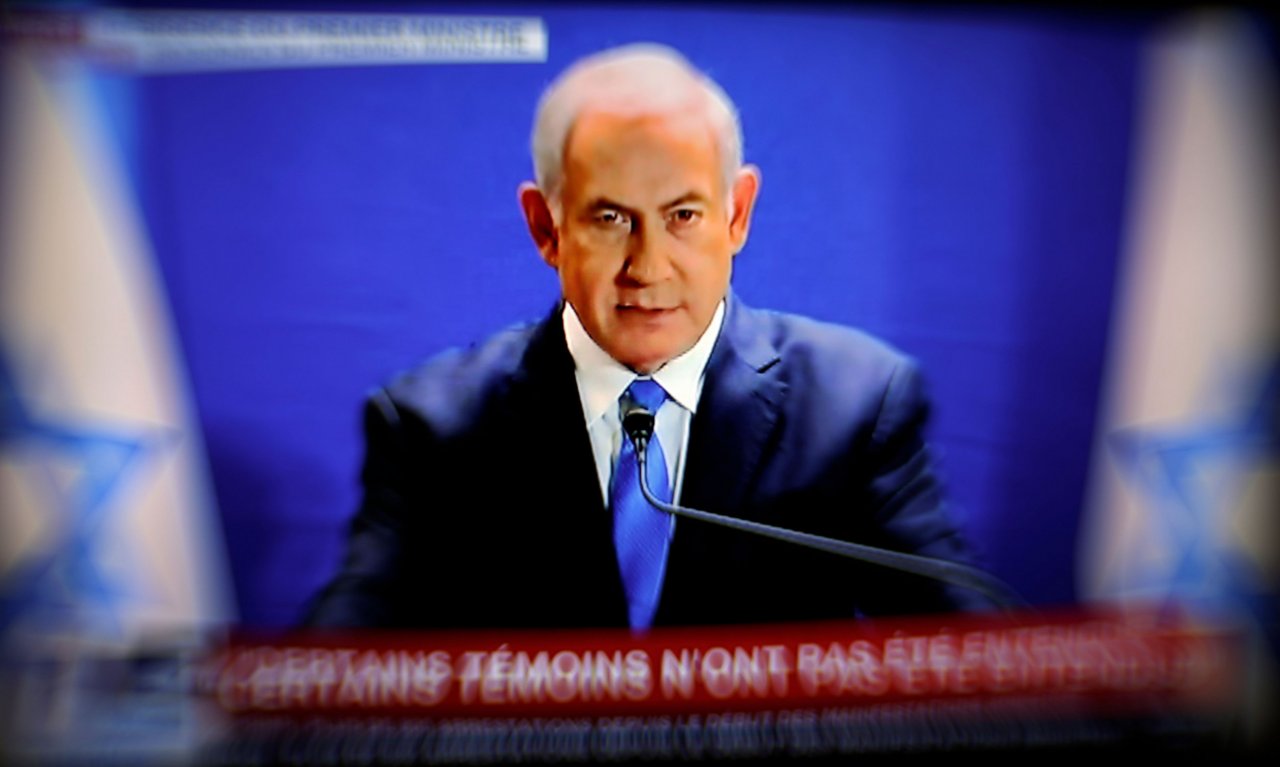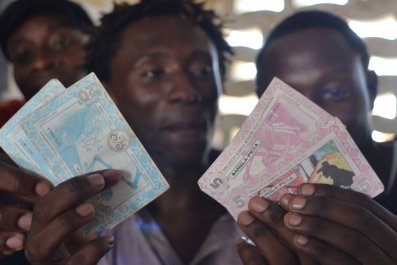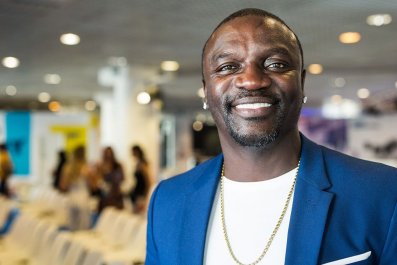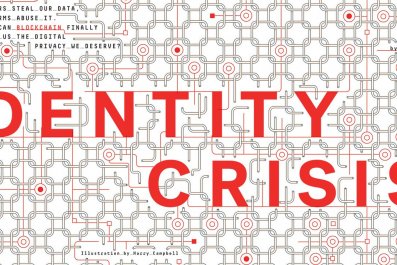
Under normal circumstances, the re-election of Benjamin Netanyahu to yet another term as Prime Minister would be a no-brainer. The Israeli economy is humming on all four cylinders; unemployment is singularly low; and over the past 15 years, Israel has become one of the world's leading technology powerhouses. More than three hundred fifty multinationals operate research facilities in the country, along with over 4,000 startups (and counting) who continue to chase the next dream, the majority of them well-funded by myriads of local and international venture funds. During the recent Cybertech Conference, I heard Netanyahu brilliantly explain how combining Israel's military capabilities in the areas of cyber and technology with a highly educated work force have transformed the Israeli economy.
Beyond the economy, it should be noted that the security situation in the country these past few years has been remarkably quiet — at least by Israeli standards.And far from becoming a pariah, Israel has diplomatic relations with with more countries than ever before.
Despite the long list of national accolades, Netanyahu may not be sleeping soundly in the Prime Minister's residence. Last week, Netanyahu's Likud party held their primaries. Although the Prime Minister remains as popular as ever, when party members voted, they paid almost no attention to Netanyahu's wishes. They propelledformer Education Minister Gideon Sa'ar, close to the top of the list, despite excoriations from Netnayahu, who sees Sa'ar as an arch-rival. This could only leave a lingering whiff in the air that the Netanyahu era was coming to a close.
Why? Perhaps because for the first time since Netanyahu ran and lost against Ehud Barak in 1998, there is an opponent Israelis feel is just as equipped to be Prime Minister as he is former chief of staff Benny Gantz. Even more important is the realization that the Israeli justice system is closing in on the Prime Minister. It has been a year since the police made their initial recommendation that Netanyahu be indicted. Since then, police have recommended Netanyahu be indicted in two additional cases, and the Office of State's Prosecutor has agreed with the police and turned over the final decision to the Attorney General.
When it became clear an indictment would be handed down, Netanyahu tried to delay the decision by calling for the early election. However, the AG has moved quickly and has indicated he will soon make his announcement — despite a plea by Netanyahu's lawyers that the announcement not be made before I Israelis go to the poll. Still, under Israeli law, before a public official is indicted, that official has the right to respond to the allegations, before being formally charged. This process can take six months to one year. As things stand, when Israelis go to the polls on April 9th, Netanyahu will not officially be under indictment - but he will certainly be under a cloud.
So what is Netanyahu doing to ward off the twin threats? Against the threat of indictment, he has been taking a page from President Donald J. Trump's playbook and calling all of the mainstream media "fake news." By doing so, he hopes to insulate himself somewhat from the expected coverage of the indictment. Unlike Trump, who seems to enjoy being interviewed, Netanyahu has not been interviewed by the mainstream Israeli press in four years. He has had two impromptu press conferences — one with economic reporters and one with the traveling press in Brazil, but none with the regular political reporters who cover him. Instead, Netanyahu relies on Israel's most widely circulated newspaper, owned by his patron Sheldon Adelson. More recently, Netanyahu created a new TV channel — Likud TV, where he gives "interviews" many times a week.
These outlets, combined with effective use of social media have provided a means for Netanyahu to reach out to his voters without the pesky interventions of critical or objective media. With a decision by the Attorney General imminent, Netanyahu has been attacking him for "being weak" and "giving in" to the pressure of "the Left". Thus, if Netanyahu is indicted, he can claim it was not by virtue of the right-leaning police, or the Attorney General he himself hand-picked, but because of "the Left" — and in Netanyahu's world, supporters of "the Left" are a synonym for "evil".
As to the threat from Gantz, Netanyahu has worked hard to paint Gantz as a "weak leftist" — despite the appointment of people with right-wing views in positions of authority on Gantz's party list. Netanyahu has gone as far as issuing a video asserting — "If you vote for Gantz, you will get MK Ahmad Tibi" (longtime Arab-Israeli Knesset member and head of the Ta'al party.) Netanyahu has claimed it was Arab Israelis who supported Oslo, and by supporting Gantz, voters will indirectly bring Arab-Israelis to the seats of power.
If all that is not enough to convince a possibly reluctant voter to support Netanyahu, he has one last card — President Trump. Last week, the Likud put up giant banners picturing Trump and Netanyahu together. Trump remains very popular in Israel.
During the coming weeks, we will know the efficacy Netanyahu's pre-emptive actions. At the moment, Netanyahu's Likud still polls very well. What will happen if the two main centrist parties merge? How will Netanyahu react to an announcement of an actual indictment? Former Defense Minister Lieberman reportedly said last weekend that if indicted, Netanyahu would take a plea deal and resign. Likely? Probably not, however, the upcoming Israeli election will be in uncharted territory if the Attorney General makes his expected announcement, so anything is possible.
Marc Schulman is a multimedia historian.
The views expressed in this article are the author's own.


















